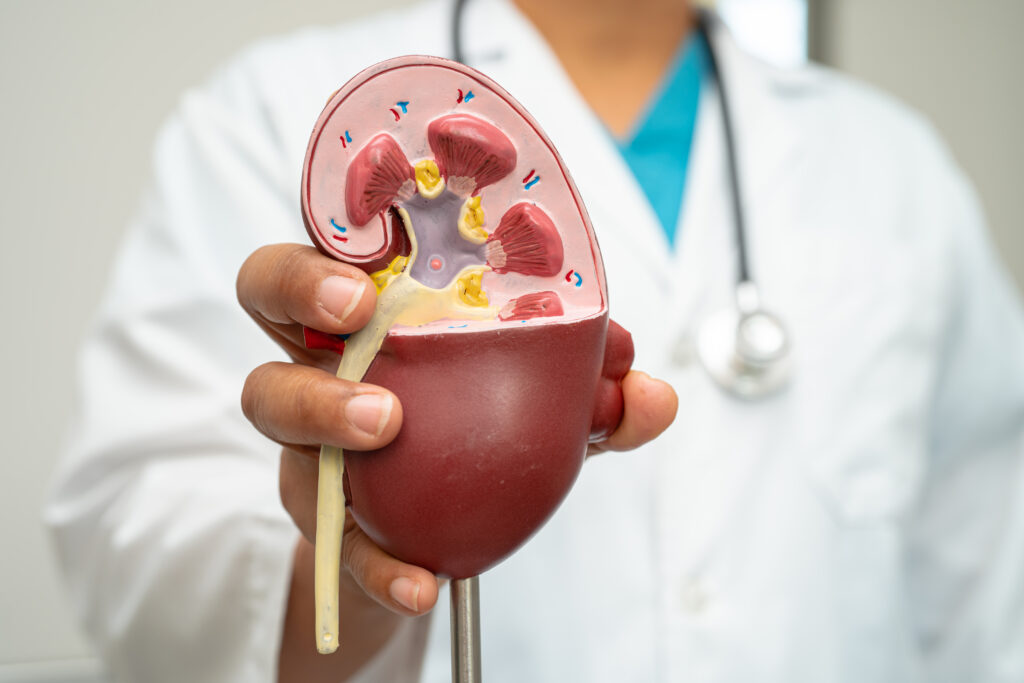What is Renal Hypertension?
Renal hypertension is high blood pressure caused by kidney problems. In many cases, it happens when the blood vessels in the kidneys become narrow. Because of this, the kidneys cannot filter blood well. As a result, your body holds onto more salt and water. This extra fluid raises your blood pressure. Renal hypertension is also called renovascular hypertension. It is different from regular high blood pressure. In fact, it is linked directly to kidney disease. According to the CDC, kidney health plays a big role in controlling blood pressure.
Causes of Renal Hypertension
There are several causes of renal hypertension. Most often, it is due to changes in the blood vessels of the kidneys. For example, when these vessels become narrow or blocked, blood flow drops. Because of this, the kidneys send signals to raise blood pressure. Here are some common causes of renal hypertension:
Sometimes, other rare conditions may also cause high blood pressure due to kidney disease. However, most cases are linked to the above reasons. The World Health Organization notes that kidney health is vital for blood pressure control.
Symptoms of Renal Hypertension
Renal hypertension symptoms can be hard to notice at first. Often, people do not feel any different. However, as blood pressure rises, some signs may appear. For instance, you may notice:
In some cases, people learn about renal hypertension only after a doctor checks their blood pressure. Therefore, regular check-ups are important. According to the CDC, early detection can help prevent serious problems.
In summary, renal hypertension is high blood pressure due to kidney disease. It often has few symptoms at first. But over time, it can lead to serious health issues. If you notice any signs or have kidney problems, do not wait. Consult a healthcare professional for personalized advice on renal hypertension.

